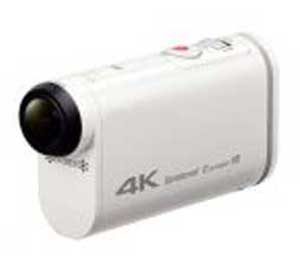Real estate transactions typically require a lot of documentation. Virtual data rooms have revolutionized how real estate transactions are conducted. Previously, companies and third-party companies had to physically exchange crucial business information. VDRs allow secure file sharing and efficient collaboration for M&A portfolio management and land development, property sales and due diligence. This article examines the top five uses for real estate data rooms and outlines the top UK VDR providers.
Agents and brokers utilize real estate data rooms to conduct due diligence and review contracts. They require speedy, precise access controls to confidential documents as well as tools for instant communication with clients and investors. Additionally, a well-thought-out system of subfolders and folders helps them create due diligence checklists more efficiently.
Investors from both institutions and individuals rely on data rooms to manage their asset portfolios. They require a central location to manage real estate investment portfolios, and also manage joint ventures. In addition, they need the ability to quickly retrieve specific documents and reduce the security risks associated with real estate investment.
The real estate market is currently in a period of transition and investors are focusing on reorganizing their assets, seeking distressed opportunities, and also accumulating assets. Real estate agents are rethinking strategies and focusing more on the essential elements of real estate investing. The market for 2023 is down by 60 percent from its high two years ago. This includes reviewing contracts, renegotiating agreements, licenses, and identifying potential issues.

















